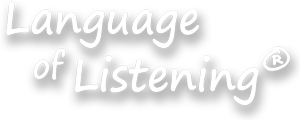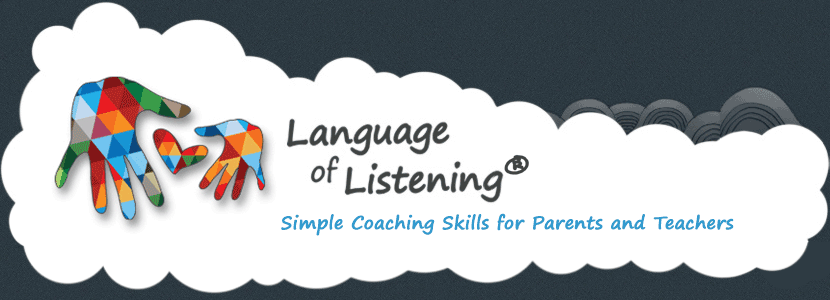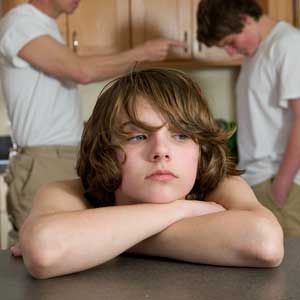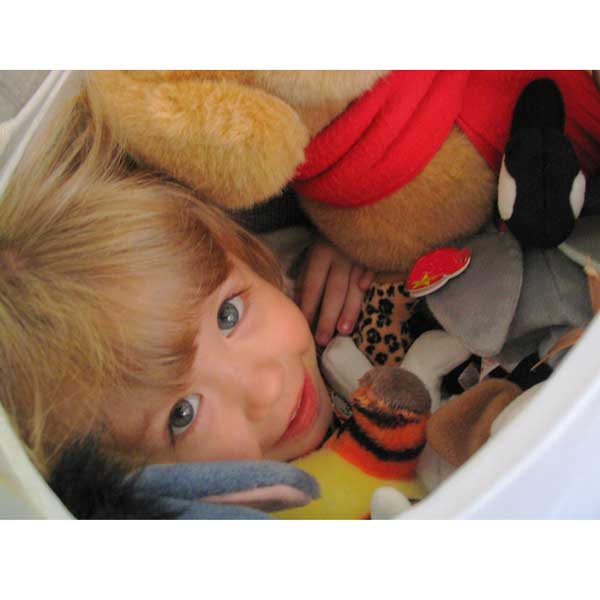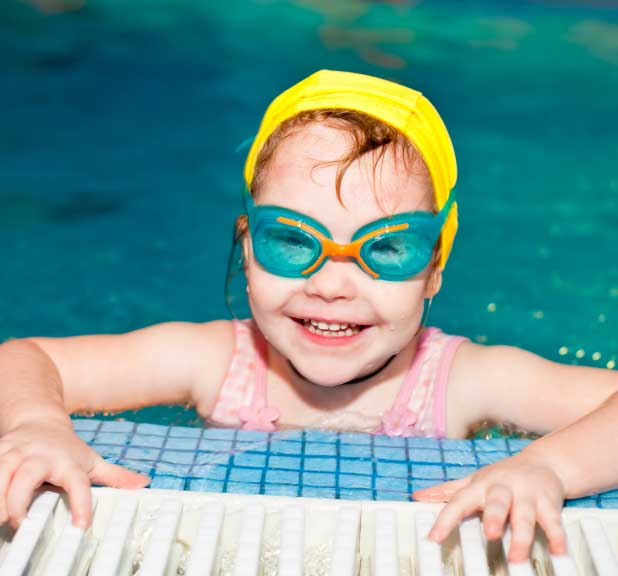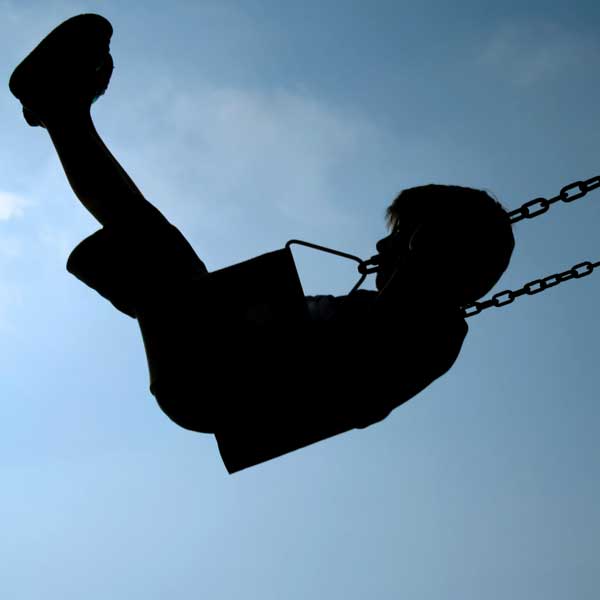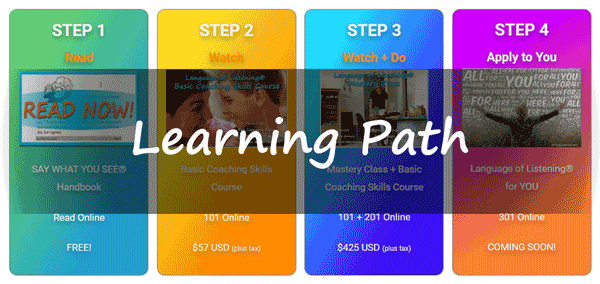An image of a return receipt with the caption “Parenting done right” was posted on a social media site after the holidays. The reason for the return of the Wii game was included on the receipt: “Son was put on the naughty list, had to watch it being returned.”
That receipt inspired a Yahoo Parenting post that set off a storm of comments defending rewards and punishment (even to the point of humiliation!) as necessary parenting tools. I couldn’t disagree more.
Simply put, reward/punishment systems are manipulative and children pick that up. When I ask parents or teachers who use rewards and punishment to step back and look at their complaints about their children’s behavior, they are often surprised to see that their children are rewarding and punishing them back, then using the same manipulative strategies with their friends on the playground.
Children do as we do more readily than they do as we say.
Here’s how it showed up in a Sunday School setting at the church where I volunteer:
One day I was called in to help with an 11-year-old boy whose behavior was annoying the teacher and disrupting the classroom. By the time I got there he had started to bang his head on the table which upset the teacher even more. His “punishment” of the teacher was working; she was ready to send him out of the classroom.
As I approached the child, I noticed that after one light hit on the hard table top, he moved his arm in the way to soften future blows. That told me he had plenty of self-control, recognized his own boundaries, and was not trying to cause self-harm. Since physical intervention was not needed, I simply responded with SAY WHAT YOU SEE (SWYS):
SWYS: “You’re banging your head.”
Child: “I don’t want to be here.”
SWYS: “So you’re hurting yourself.”
Child: “No, I’m hurting you!”
I was surprised by this, but then I got it – he thought he was punishing me!
If I had reacted with warnings, threats or punishment to try to get him to stop, I would have perpetuated his belief that punishment is the answer. Instead, I followed his lead. Each time his head hit his arm I said:
“Ow, ouch!”
He started to laugh, and stopped banging his head. He had been heard.
Then he picked up a straight pin from the craft materials on the table and pretended to poke at my arm. The fact that he stopped himself from actually poking me told me he knew my arm wasn’t for poking, so I didn’t need to say that. Instead, I calmly offered a CAN DO:
CAN DO: “Must be something you can poke. Hmmm…there’s a cork. You can poke that if you want.”
He did, and that was the end of the acting out.
It turns out that the topic of the class that day was “Integrity – being your word,” so on the way out I used Language of Listening® to connect him with his STRENGTH of integrity:
SWYS: “You know you showed integrity back there in class.”
Child: “How’s that?”
STRENGTH: “Your actions were in keeping with your word to yourself.”
Child: (looked puzzled then brightened)
SWYS: “You remember what you said.”
Child: (smiling) “Yea. ‘I don’t want to be here!'”
SWYS: “Yep. You created your whole classroom experience out of that.”
With a short self-aware laugh, he went on his way.
Rewards/punishments externalize control;
STRENGTHs help children internalize it.
In my experience, parents and teachers don’t actually like rewarding and punishing children, and children don’t like it either. They use it because it is what they know, and in the short term, it appears to work. Long-term it teaches children that the way to get what they want in life is to reward/punish themselves and others, which many families (and corporations) have proven to be the least effective method for helping individuals reach their full potential.
Language of Listening® breaks this cycle with three simple steps and makes parenting and teaching more enjoyable for everyone, children included.
If you are new to our website and looking for a better way to start the new year, you can read our online handbook free, take our online video classes or get the live support you need to change old habits right here.
Best wishes for more hugs, more respect and more connection in the new year and beyond!

